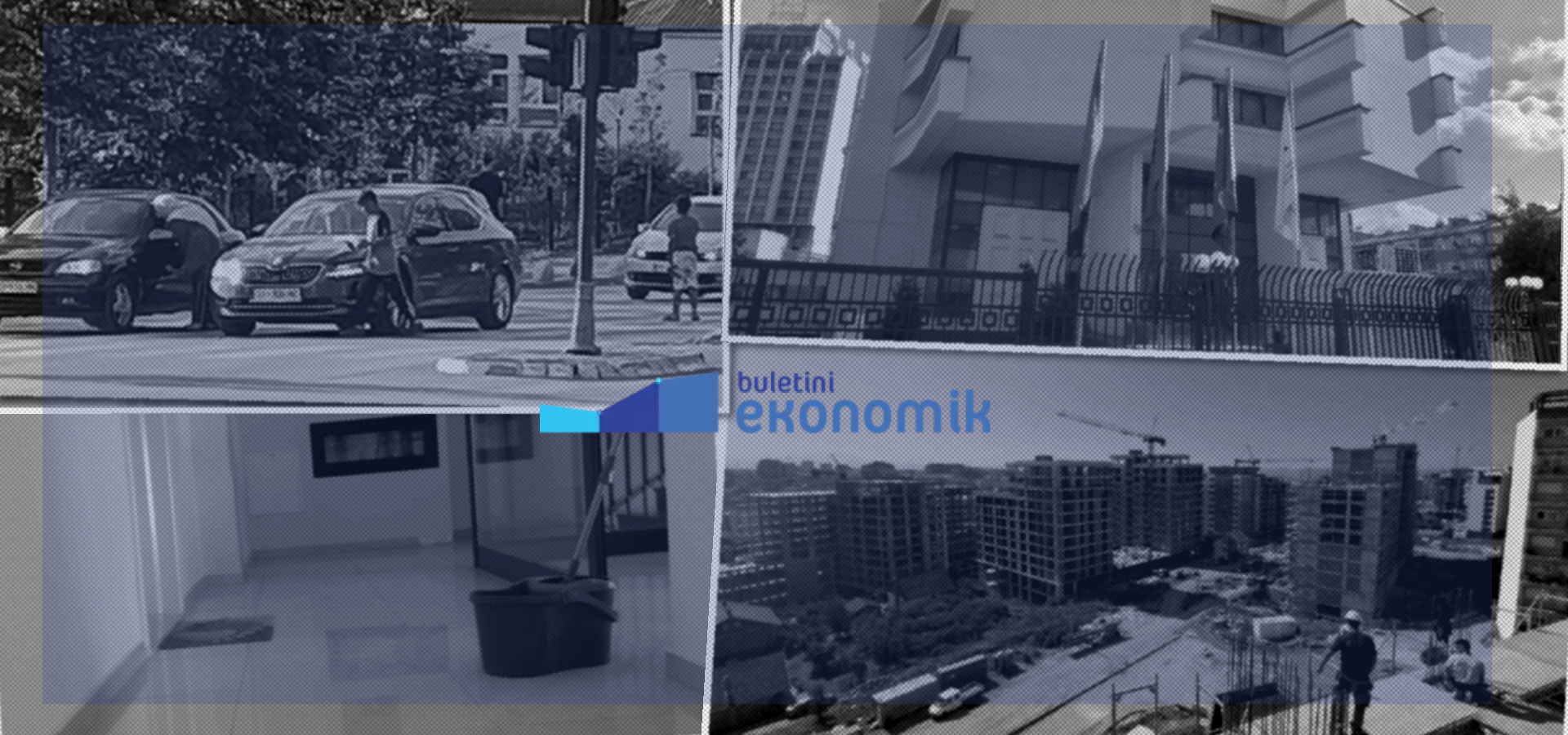
Why do we need specialized media?
Myth-busting and the necessity of specialized media.
By focusing on quality content, readability has come naturally.
We've developed an approach that goes beyond traditional reporting by contextualizing articles through the lens of freedoms and human rights, while exposing violations of citizens’ socio-economic rights.
This story was originally written in Albanian.